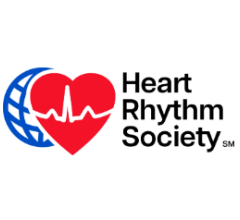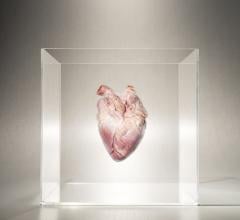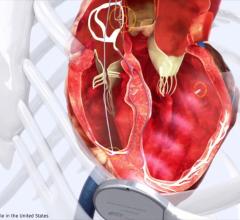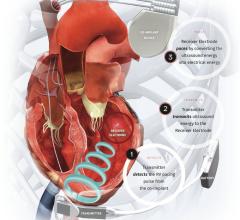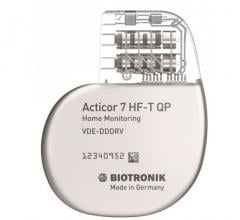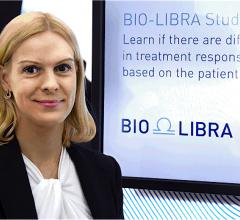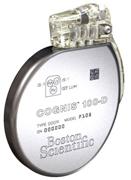
September 17, 2010 – The U.S. Food and Drug Administration (FDA) today expanded the indication for three cardiac resynchronization therapy defibrillators (CRT-D) to all classes of heart failure patients.
The devices, all offered by Boston Scientific, are now available for use in all New York Heart Association (NYHA) classes of heart failure to help prevent or slow the advancement of heart failure. Previously CTR-Ds were only indicated for class III and IV patients.
The new use is specifically for patients with an abnormality known as left bundle branch block, which occurs when there is delayed activation and contraction of the left ventricle. The three devices are intended to treat patients with left bundle branch block (LBBB) who have either mild heart failure or heart failure with no apparent symptoms.
“This approval allows heart failure patients with left bundle branch block to benefit from this therapy," said Jeffrey Shuren, M.D., director of the FDA’s Center for Devices and Radiological Health. “The FDA is pleased to safely make this new technology available for a greater number of heart failure patients."
The FDA based its approval on the results of the 1,820-patient Boston Scientific-sponsored Multicenter Automatic Defibrillator Implantation Trial with Cardiac Resynchronization Therapy (MADIT-CRT) clinical study. The study followed 1,820 patients for an average of nearly three years at 110 centers in the United States, Europe, Canada and Israel. It compared CRT-D therapy to ICD-only therapy in specific heart failure patients to determine whether it reduced the risk of death and heart failure. In patients with left bundle branch block, who represented 70 percent of the study group, CRT-D showed a reduction in the risk of death and heart failure by 57 percent, as compared to ICD alone.
The rate of complications was considered to be acceptable by the FDA for this device. However, physicians should adequately inform patients about potential complications.
As a condition of FDA approval, Boston Scientific must conduct two post-approval studies. One study will evaluate complications and long-term mortality benefits of CRT-D in patients with left bundle branch block identified through the National Cardiovascular Data Registry. The other will follow patients from the original MADIT-CRT clinical study every six months for five years to assess long-term mortality benefits of CRT-D vs. ICD.
“The MADIT-CRT trial demonstrated that Boston Scientific’s CRT-Ds reduce death and heart failure events, even for patients without symptoms,” said Kenneth Stein, M.D., senior vice president and
chief medical officer for Boston Scientific’s cardiology, rhythm and vascular group. “Preventing or delaying a first heart failure event in NYHA Class I and II patients with LBBB is critical because these patients are eight times more likely to have a recurring event after their initial event.”
In response to a request from the FDA, Boston Scientific worked with the MADIT-CRT Executive Committee to perform further analysis of the trial data to determine if there were additional criteria to identify patients at risk for heart failure. The company’s analysis showed that LBBB was the best baseline characteristic to differentiate which Class I and II patients would be most likely to benefit from a CRT-D.
MADIT-CRT is the world’s largest randomized CRT-D study of NYHA Class I and II patients.
For more information: www.bostonscientific.com


 July 21, 2025
July 21, 2025 
